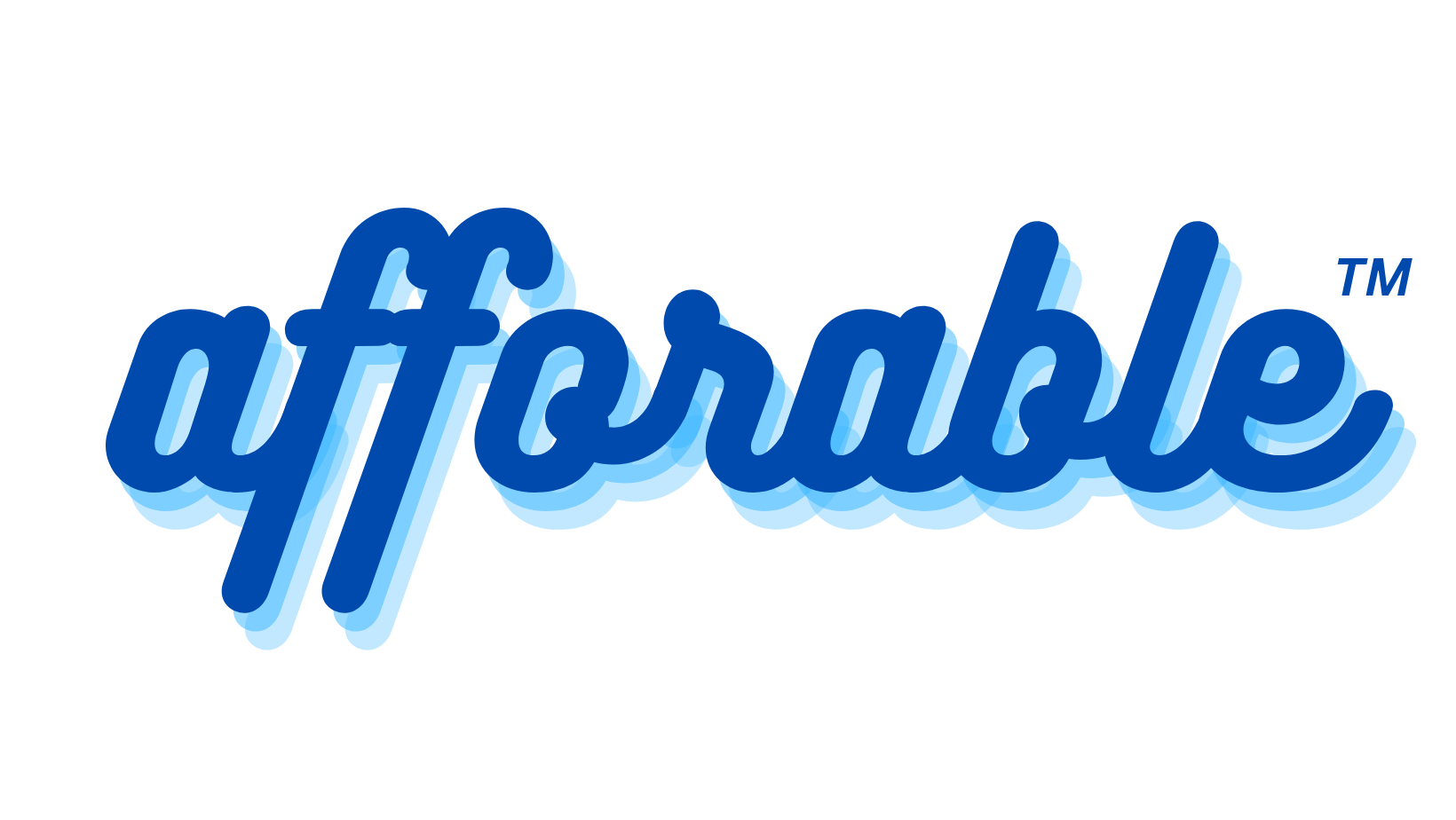Understanding the nuances of health insurance can be a complex task, especially when it intersects with auto insurance policies like Personal Injury Protection (PIP). In some cases, your health insurance might serve as your primary PIP insurer. This article explores what this means, its implications, and how to navigate these coverage options effectively.
What is PIP Insurance?
Personal Injury Protection (PIP) is a component of auto insurance policies in some states. It covers medical expenses, lost wages, and other related costs in the event of a car accident, regardless of who is at fault. PIP is mandatory in no-fault states and optional in others.
Health Insurance as Primary PIP Insurer
In certain situations, your health insurance policy may be considered your primary source of coverage for medical expenses arising from a car accident, rather than your PIP coverage. This arrangement can have both benefits and drawbacks.
Benefits of Health Insurance as Primary PIP Insurer
- Lower Auto Insurance Premiums: Opting for your health insurance as your primary PIP insurer can result in lower auto insurance premiums since the health insurer assumes more of the financial risk.
- Broader Coverage: Health insurance policies often offer broader coverage for medical treatments than PIP coverage, providing more options for care and rehabilitation.
- Deductible and Co-Pay Clarity: With health insurance as primary, you’re dealing with known deductibles and co-pays, which can make budgeting for healthcare costs more predictable.
Considerations and Challenges
- Coverage Limitations: Not all health insurance policies cover injuries from car accidents. It’s crucial to confirm with your health insurer about this coverage.
- Deductibles and Co-Pays: While you may be familiar with your health insurance deductibles and co-pays, these costs could be higher than those associated with PIP coverage.
- Coordination of Benefits: If both health insurance and PIP cover an accident, coordination of benefits rules will determine which policy pays first and how much the other policy contributes.
- Exclusions and Limitations: Some health insurance plans may have exclusions or limitations for treatment types or providers, which could affect your care after an accident.
How to Choose the Right Coverage
- Understand Your Policies: Carefully review both your health insurance and auto insurance policies to understand the coverage, exclusions, and how they interact.
- Consult with Insurance Providers: Talk to both your health and auto insurance providers to clarify how coverage works in case of an auto accident.
- Consider Your Health Needs: If you have specific health needs or pre-existing conditions, ensure that your primary coverage adequately meets those needs.
- Evaluate Financial Implications: Weigh the costs and benefits, including premium savings versus potential out-of-pocket costs, when choosing your primary PIP insurer.
Conclusion
Deciding whether to use health insurance as your primary PIP insurer requires a careful evaluation of your insurance policies and personal circumstances. While it can offer certain advantages, it’s important to be aware of potential limitations and financial implications. By thoroughly understanding your coverage options and coordinating effectively with your insurance providers, you can make informed decisions that best suit your needs and provide optimal protection in the event of an auto accident.

